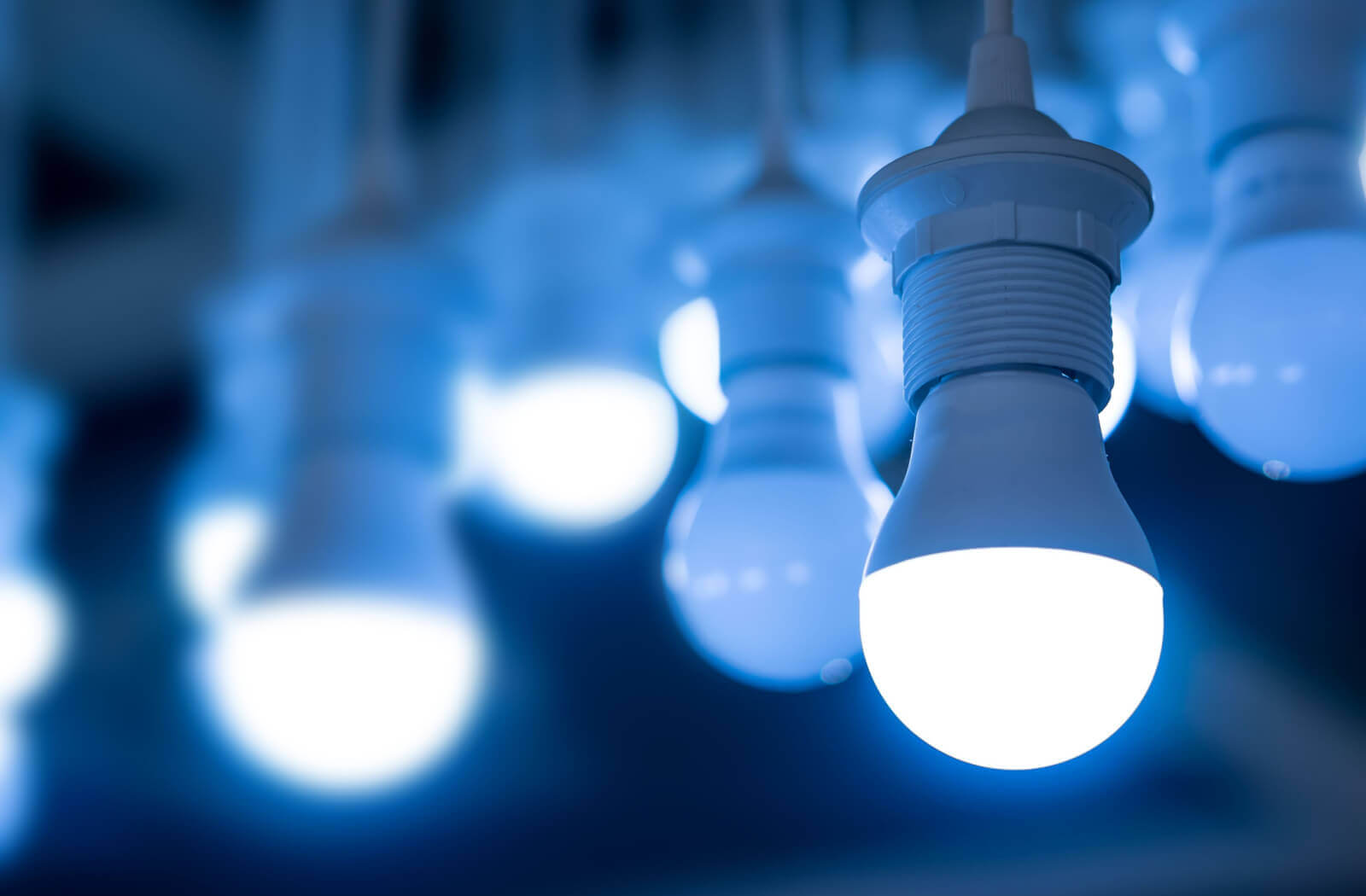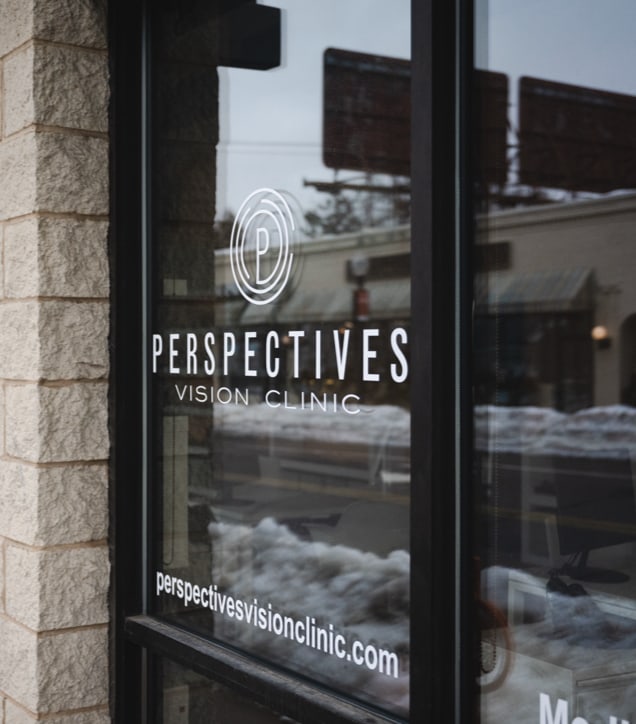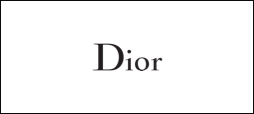With the increasing popularity of LED lights, people often wonder how they affect our eyesight. These lights are cost-effective, environmentally friendly, and used in many appliances, from small display indicators and smartphones to giant screens and modern vehicles. However, some say they’re harmful, while others argue they’re perfectly safe. But what’s true?
LEDs emit blue light, which some studies have shown can damage the retina and affect our sleep. However, most studies are still ongoing. What is known is that prolonged screen use can lead to digital eye strain.
What Are LEDs?
LED (an acronym for light-emitting diode) technology has been multiplying since its inception. Unlike traditional light sources, such as incandescent or fluorescent bulbs, LEDs don’t require filaments or gaseous discharge to produce light. They also last longer than conventional light sources and require less electricity to create the same amount of light.
This makes LEDs more efficient and environmentally friendly on average. But the main concern about LEDs comes from the fact they emit blue light, a short and powerful wavelength of light.
Do LEDs Damage Your Eyes?
Every light color has a different signature, but blue light has a short wavelength and a high frequency, which means it can penetrate deep into our eyes.
Animal studies have shown that prolonged exposure to blue light can damage the retina, the light-sensitive layer at the back of our eyes, leading to various vision problems, including macular degeneration and cataracts.
Since LED lights are relatively new, there aren’t many long-term studies on the damage they can cause over time. What’s more, you’re exposed to much more blue light from the sun than you are with any screen.
So while current research is unclear about the connection between blue light and retinal damage, many doctors and scientists are cautioning about how much time we spend on screens, at least until more conclusive research can be done.
LEDs, Blue Light, & Sleep
The jury is still out on the damage blue light can do to your retina, but what’s more understood is how it impacts your sleep cycle.
Our brains interpret blue light as a sign that it’s daytime, signaling our bodies to release the hormone melatonin, which makes us sleepy. Exposure to blue light at night, even at low levels, can reduce the amount of melatonin our bodies create, impacting the quality of sleep we get. Essentially, our body is tricked into thinking that it’s still daytime.
And poor sleep is linked to several health concerns, including:
- Obesity
- Depression
- Diabetes
- Heart disease
You can filter blue light and support better sleep with blue light glasses while using computer screens at night. These tinted glasses filter the blue light telling your brain it’s still daytime. Some studies have shown they can improve sleep quality. However, more high-quality studies are needed to confirm these findings.
Digital Eye Strain
It’s hard to avoid screens these days. We use them at work, school, and home. But all this exposure to LED screens can result in a range of irritating symptoms called digital eye strain. Symptoms include:
- Eye fatigue
- Headaches
- Blurry vision
- Shoulder and neck pain
- Dry eyes
If you notice any of these symptoms, visit your optometrist. They can diagnose digital eye strain with a comprehensive eye exam.
Avoiding Digital Eye Strain
Virtually anyone who spends time working or playing on a screen is at risk of developing digital eye strain. Thankfully, there are several measures you can take to prevent it:
- Take frequent breaks: The 20/20/20 rule recommends that for every 20 minutes of screen time, take a 20-second break and look at something 20 feet away.
- Adjust your screen’s display settings: You can reduce the strain on your eyes by adjusting your screen’s blue light filter and brightness.
- Adjust your work environment: Position your screen at a comfortable distance, ideally at arm’s length, and adjust the brightness of the surrounding light relative to your screen.
- Stay hydrated: Drinking plenty of water keeps your eyes hydrated and helps prevent dry eyes.
- Blink often: People tend to blink less while looking at a screen because they focus so hard on what they’re doing. Making an effort to blink helps keep your eyes hydrated.
- Use computer glasses: Some people may benefit from computer glasses that filter out light emitted by computer screens. Your optometrist can make suggestions at your next appointment.
Protecting Your Eye Health
The jury’s still out on if LED lights are bad for your eyes. While the research doesn’t show LEDs can cause severe damage, it does show they can affect your sleep and contribute to digital eye strain.
Perspectives Vision Clinic can diagnose and offer recommendations for limiting fatigue caused by digital eye strain. Our expert team is ready to help, so give us a call and book an appointment today!










